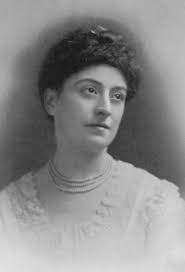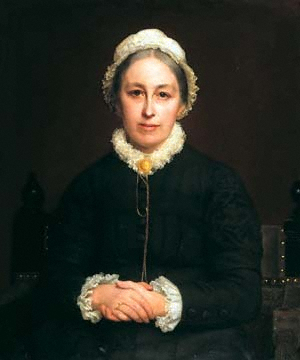
Who is this?
Listed as ‘State Registered Nurse No.1’ after the introduction of the Nurses Registration Act in December 1919, she is known for her campaigning role in improving the quality and status of nursing in Britain, having launched the National Society for the Registration of Nurses in 1902.
Why did her attempt to improve professional standards take so long?
Well, it was more controversial than it might at first appear. Florence Nightingale opposed it, fearing the introduction of such standards would work against more poorly educated ‘vocational’ nurses. And if you think about it, there remains a similar discussion today about whether nursing should require a degree level qualification…..
So with whom do your sympathies lie, with Florence Nightingale or our mystery guest?
Find out more on the ‘Magnificent Marylebone’ walk at 2pm on 30th July.
Two weeks ago the blog featured three young women discussing their ambitions. They were Elizabeth Garret Anderson, (medicine) Millicent Garret Fawcett (women’s suffrage) and Emily Davies (education-Girton College, Cambridge)


